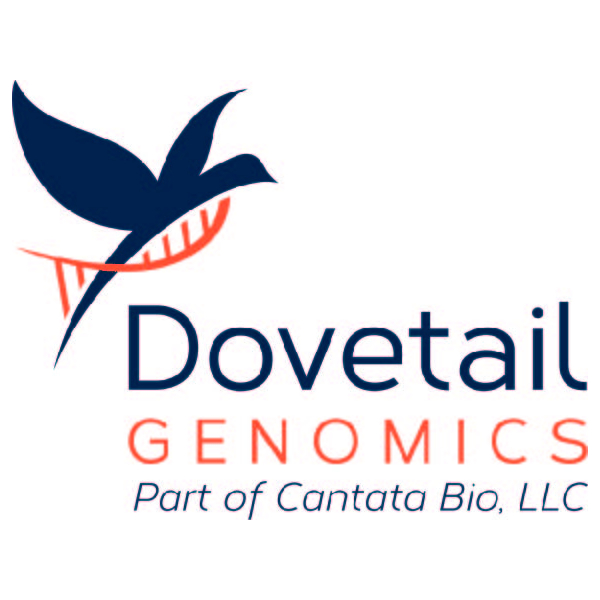
Small Cell Lung Cancer (SCLC) is considered a ‘recalcitrant’ disease, characterized by poor survival outcomes and lack of effective treatment options. Recently, the addition of immune checkpoint inhibitors (ICI) to chemotherapy has become standard of care for advanced SCLC, providing a modest improvement in overall survival. In this scenario, targeted agents are currently being tested, both in combination with chemotherapy and/or ICIs, most of them showing limited responses rates and early resistance. One plausible justification for the low response rates is the lack of patient selection, through biomarkers that predict benefit for a specific treatment.
These observations highlight major unmet needs for patients with SCLC:
1) biomarkers to identify patients who benefit from chemo-ICI
2) new therapies to enhance treatment benefit
3) understanding resistance mechanisms and new strategies to overcome them
Our specialised researcher from the Single Cell Genomics Group at CNAG, Pedro Rocha, will conduct this biomedical research with the support of the Junior Clinical Grant under the AECC 2022 framework. This grant is designed to involve doctors in cancer research, allowing them to bring their experience from working directly with patients.
From CNAG, we propose that a comprehensive biological characterization of SCLC and its microenvironment will uncover tumor vulnerabilities and resistance mechanisms and therefore will inform therapeutic strategies that will provide a solid foundation for clinical testing. The aims of our project are to evaluate different combination strategies of targeted agents (PARP inhibitors, methylation inhibitors, lurbinectedin) with chemo-ICI and identify biomarkers of benefit from these combinations. For this purpose, we have in vitro and in vivo models set up in our laboratory (cell lines, syngeneic mouse models, CDX/PDX). These models will be tested under different treatment combinations followed by a comprehensive molecular and phenotypic characterization (IHC, FACS, RNA/DNA sequencing, DNA methylation). Moreover, we will be able to test biomarkers of interest in our large human sample collection and if relevant, develop the biomarkers for clinical use. Importantly, our results will provide robust rationale for the design of clinical trials for this orphan disease and potentially impact patients’ lives.











